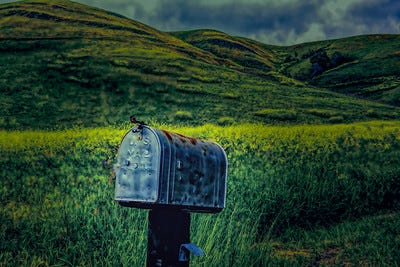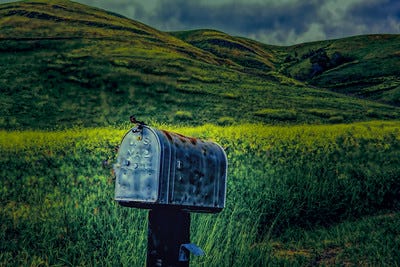I’ve written before about my recent struggles to draft new work—for children, anyway. I’m still trying to get back into that rhythm of allowing a spark to ignite and carry me away ablaze, but in the meantime an old manuscript called me to its attention.
This may be the benefit of my past habit of working on several projects at once. I have a plethora of projects that could use a kick in the pants. Not only did this particular project demand a little attention, I decided to complicate it and make it a poem.
I’m not a poet. But I enjoy the puzzle of poetry forms. When I first went back to school in 2010, pre-MFA, I took a dreaded poetry course. Dreaded because my thoughts about poetry up until then were unguided. Poetry was lofty and fluffy and never made any sense and why couldn’t someone just say what they wanted to say without so many rules! But, I mean, all writing has rules. I just wasn’t acquainted with poetry’s.
Every week the prof would assign us to write several poems with words he chose for us to include and often an assigned topic. Bonus points for every chosen word you used in your poem. I was annoyed. I didn’t like people telling me what to write. I didn’t like being forced to use the word “mailbox”. “Mailbox” didn’t feel very inspiring. Or poetic. But, being the good student I am, I followed directions. And very soon I realized how much fun it was to put together a poem with the professor’s obscure rules.
Poetry was a puzzle, similar to the way writing a story was, and different. We wrote in free verse but we also practiced many forms, and my favorite was the villanelle. I couldn’t tell you all the rules of a villanelle or any form at this point, only that poetry turned out to be a lot more than I had previously given credit. (Duh) I ended up seeing poems everywhere; it opened me in a completely unexpected way. I observed more. I thought deeper about what I observed. I considered writing about the most simplest images that would end up unexpectedly imbued with meaning. It was a pretty incredible semester.
When I pulled out this old draft, I decided, despite all the warnings to not write a rhyming picture book, I was going to rhyme. The subject has felt fitting as a rhyme from the beginning and although it’s had a few different iterations over the years, rhyming works. I gave it some polish, got some eyes on it (readers, not poets) and polished some more and thought, this is on it’s way! I even sent it to my agent who was also excited I pulled this one out of the drawer. “Some bumpy parts, but let’s talk.” Whoo! Had I done it?
And then I sent it to a real poet. And got my ass schooled.
I won’t say who this generous and smart critiquer is because I don’t want anyone to think you can just approach any writer and ask them to read your stuff. Please keep in mind, I always offer to pay or barter when I’m seeking advice from those who know more than I do. Our time is valuable. I felt icky even asking. But I also knew I wanted someone who understood way more about meter and beats and poetry forms than I do to help me take this to the next level.
I got exactly what I wanted.
I won’t say it’s in the best shape yet, but I’m more excited about it than when I first opened the file. Learning more about stressed syllables (iambic vs anapest) and having it pointed out to me what I was even doing (unaware), both badly and well, fueled the spark. Learning a new style, a new way of working, a new way to express a story is invigorating for me. When I finished the rough draft of a memoir, I wanted to go back and get an MFA in Creative Nonfiction. Working on this makes me want to go back and try more poetry courses.
All in all the lesson is: Say yes to every idea. You never know where it’s going to take you, even years later. Creativity is being curious and courageous to try new things, and to not shut yourself off when a professor wants you to write about a mailbox.




